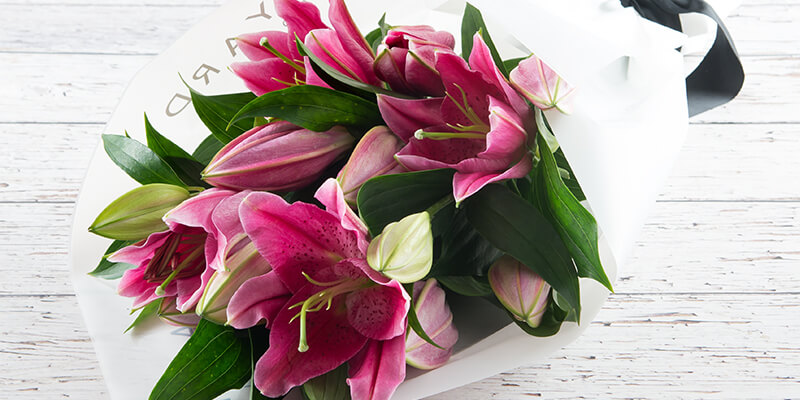
Lilies may be timelessly beautiful, but have you ever bent down to inhale their glorious scent, only to be left with stubborn orange smears on your shirt? That’s pollen for you.
Its dusty particles are designed to hook onto bees, hence why they stick to fabric too! But don’t panic, because there’s a foolproof trick for removing pollen stains from clothes faster than Mary Poppins could fold them.
Clothes
Firstly, do not touch or wet the pollen! Take your stained item outside and give it a good shake. Next, grab a roll of sticky tape - any brand will do - and use the tacky side to lift the pollen off the fabric. Most of it should come away quickly and easily.
Soak your clothing in cold water (never hot, which can ‘set’ stains) for half an hour and rinse it twice, before applying your usual stain remover and washing it as the care label suggests. Leave it to air dry and ta da! Your favourite top (because it’s always the favourite one…) will be as good as new.
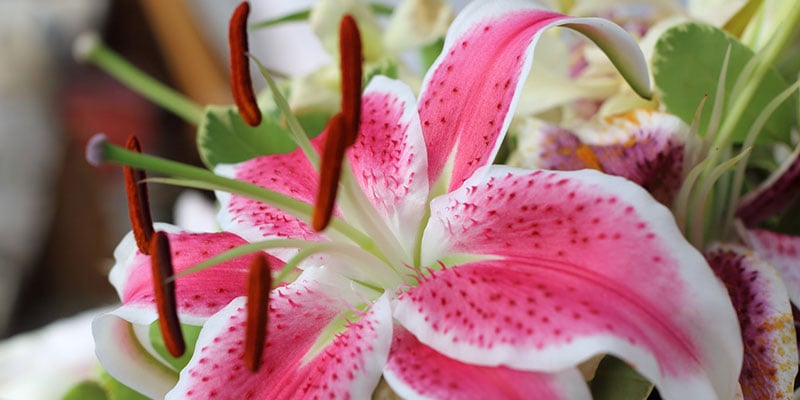
Carpet or upholstery
Lilies dropped their pollen onto your cream carpet or new sofa? Dang! Luckily, the sticky tape hack works on flooring too, especially when used in conjunction with a vacuum cleaner nozzle.
If you can still see the remnants of a stain, use a dry sponge to blot it with a homemade vinegar solution (mix one part vinegar with two parts water and always spot test first!) or your chosen dry-cleaning solvent. Never rub the pollen or brush it away, as this can push it deeper into the fibres. Blot from the outside in to stop the stain from spreading.
Tackle pollen at its source
If you’re getting through rolls of sticky tape, it might be time to eliminate ‘the pollen problem’ altogether. The obvious solution, other than not buying lilies (unthinkable!) is to gently snip or pull their rubbery anthers off with a tissue as soon as the flowers start opening. Doing this actually helps liles last longer, as their pollen erodes any petals it touches.
Stargazer lilies, like those in our beautiful pink bouquet, have protruding stamens that are easier to remove than other varieties. If you want to keep the anthers for their aesthetic appeal, consider spraying them with hair spray. This can stop the pollen from dropping but will usually shorten the flower’s life.
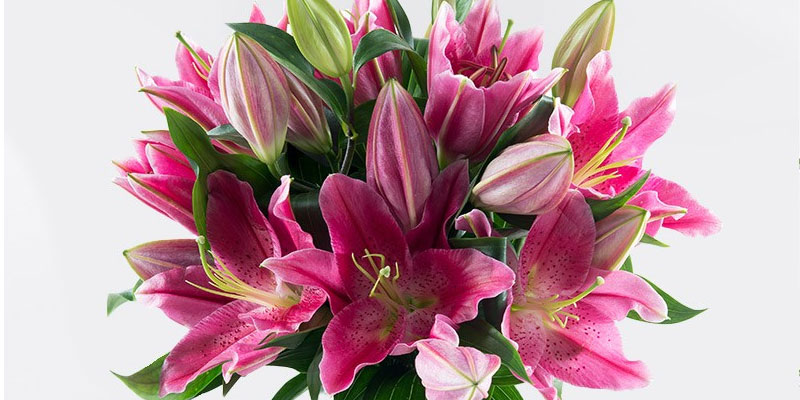
Did you know that lilies are a good choice for allergy sufferers?
The idea that these chief pollen-staining culprits could be anything but a nightmare for allergy sufferers might sound ridiculous, but it’s true!
Bigger, brighter flowers, such as lilies, tend to produce heavier pollen that’s less likely to become airborne and irritate your airways. This is because they attract bees and butterflies more easily, meaning they don’t need to rely on wind-blown pollination.
If you’re buying flowers for somebody prone to pollen-induced sniffles, avoid bouquets packed with wildflower fillers (no daisies, gypsophila etc) and look to the following species:
Roses
Roses are self-pollinating and barely release any pollen into the air. They smell gorgeous, look elegant and won’t give your lucky recipient a runny nose!
Gladiolus
These tall, sword-shaped flowers were thrown at victorious gladiators in Roman times. They make thick, sticky pollen that rarely gets up your nostrils.
Tulip
This much-loved spring flower is famous for its cup shape and bright colours. It produces heavy pollen that sticks tightly to the stamen.
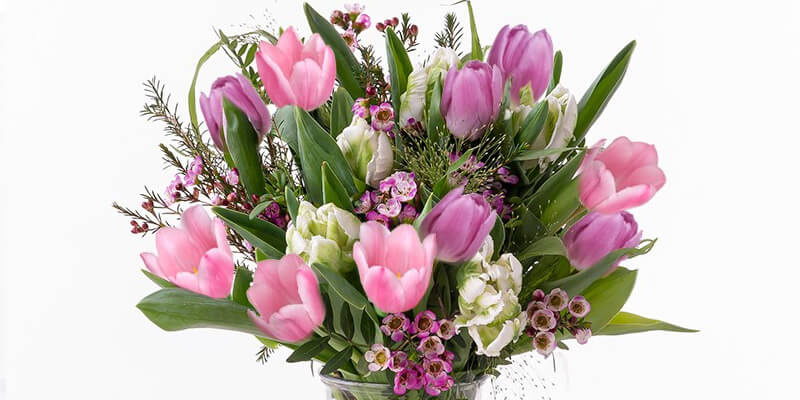
Hydrangea
This show-off species produces wonderful blue, pink, purple and white blooms that make any arrangement look luxuriously full. They produce a limited amount of pollen.
Iris
Known for their deep purple and bright yellow colouring, irises have heavy pollen that stays trapped inside their long, delicate petals.
Peony
This romantic summer favourite traps pollen between its soft, blousy layers. The only problem is that it’s hard to resist sniffing the divinely scented varieties!
Orchid
This popular exotic flower produces next to no pollen and often comes in a pot. There are more than 25,000 species of orchid, with pink and white varieties among our range.
Most houseplants!
Non-flowering houseplants have no pollen at all. Certain plants, such as golden pothos, areca palms, dragon trees and peace lilies, actually absorb irritants from the air, making them anti-allergy. The universal perfect gift!
Browse our range of lily bouquets, safe in your new knowledge of how to tackle pollen stains! Just remember that they’re toxic to pets.
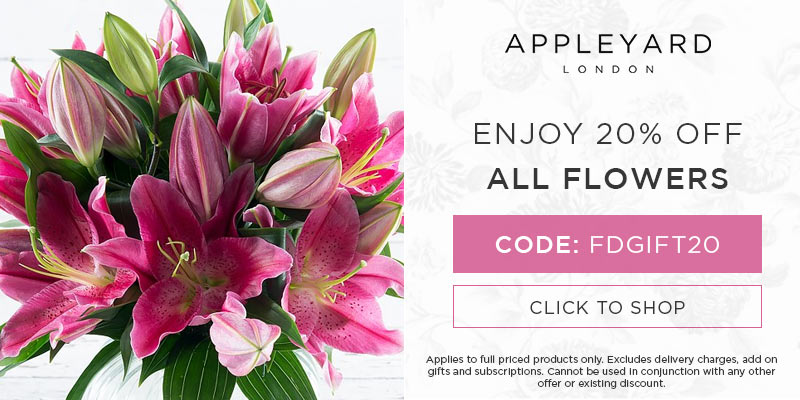

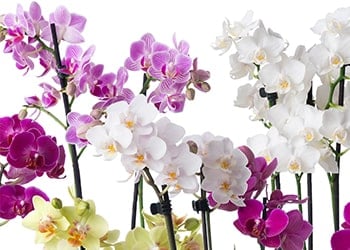

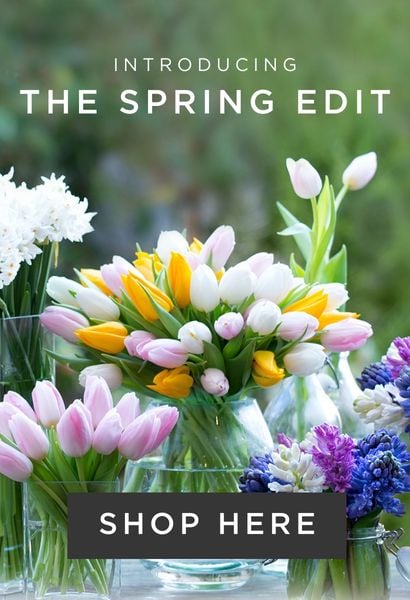


